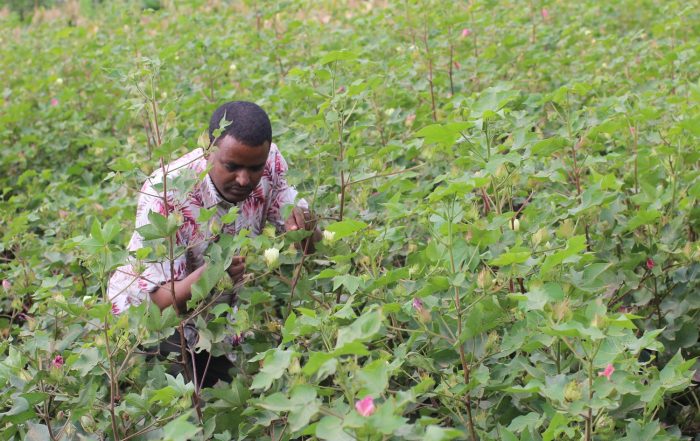Impacts of pesticides on the environment
Pesticides are toxic chemicals designed to be deliberately released into the environment. Although each pesticide is meant to kill a certain pest, a very large percentage of pesticides reach a destination other than their target. Pesticides easily contaminate the air, ground and water when they run off from fields, escape storage tanks, are not discarded properly, and especially when they are sprayed aerially.
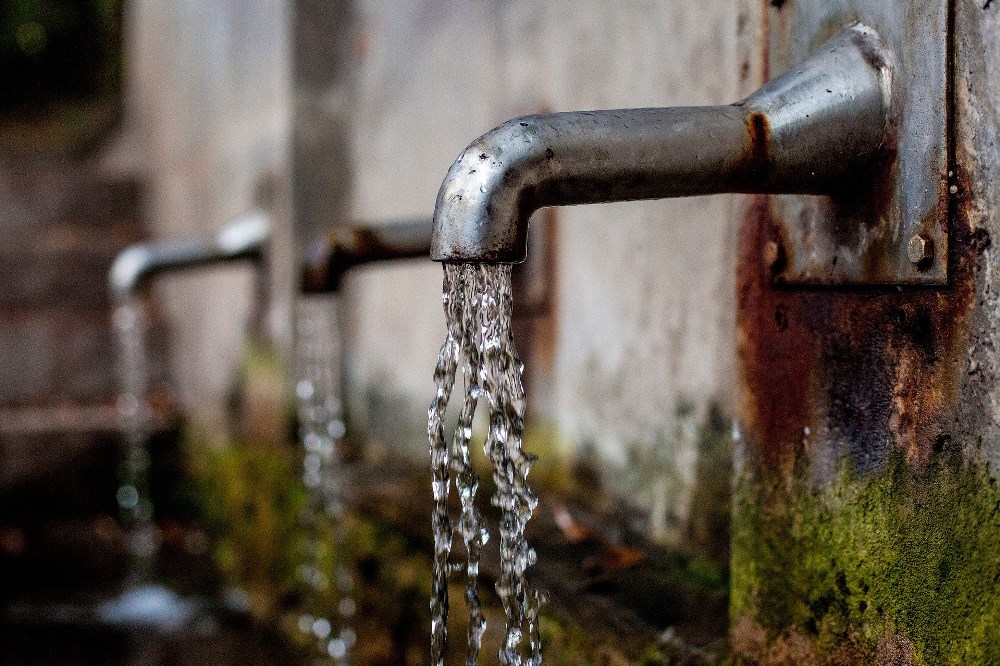
Water
Pesticides can be found in rain, ground water, streams, rivers, lakes and oceans.
There are four major ways that pesticides can reach the water:
- it can drift outside of the area of where it was sprayed,
- it can leach through the soil,
- it can be carried as runoff,
- or it may be spilled accidentally.
Studies by the UK government show that pesticide concentrations exceed those allowable for drinking water in some samples of river water and groundwater.
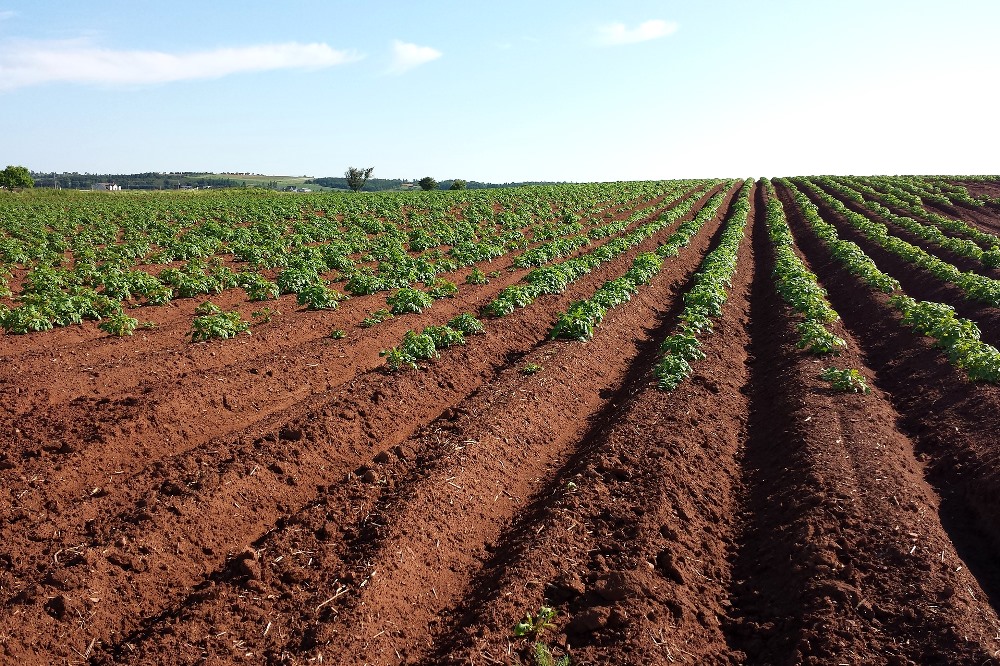
Soil
The use of pesticides decreases the general biodiversity in the soil. Soil quality is higher without chemicals and this allows for higher water retention, necessary for plants to grow.
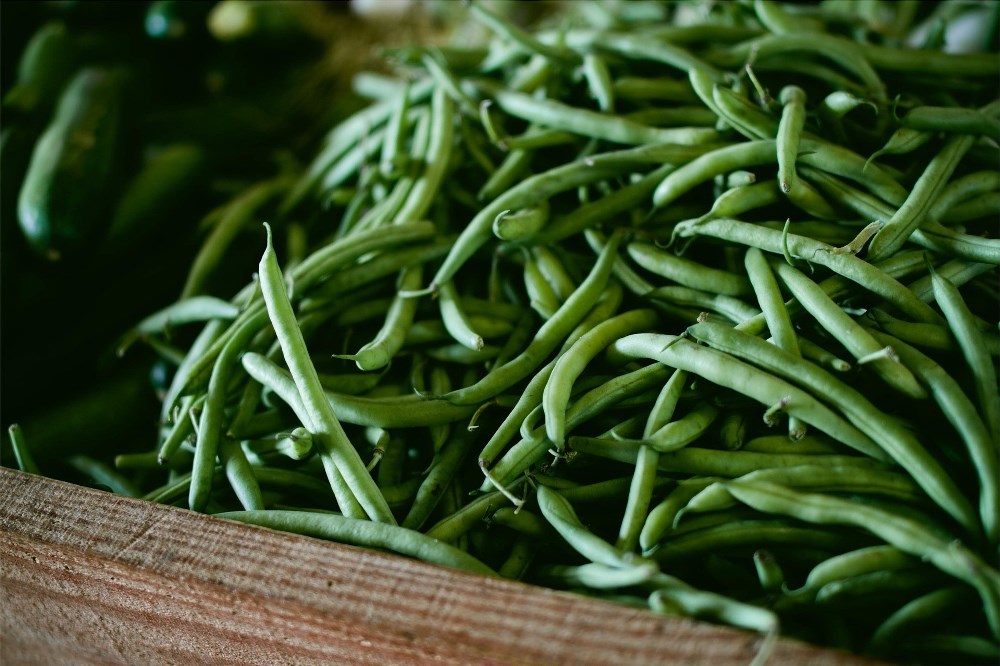
Plants
Nitrogen fixation, which is necessary for the growth of many large plants, is hindered by pesticides that can be found in soil. This can lead to a large decline in crop yields. Application of pesticides to crops that are in bloom can kill honeybees, which act as pollinators. This also decreases crop pollination and reproduction.
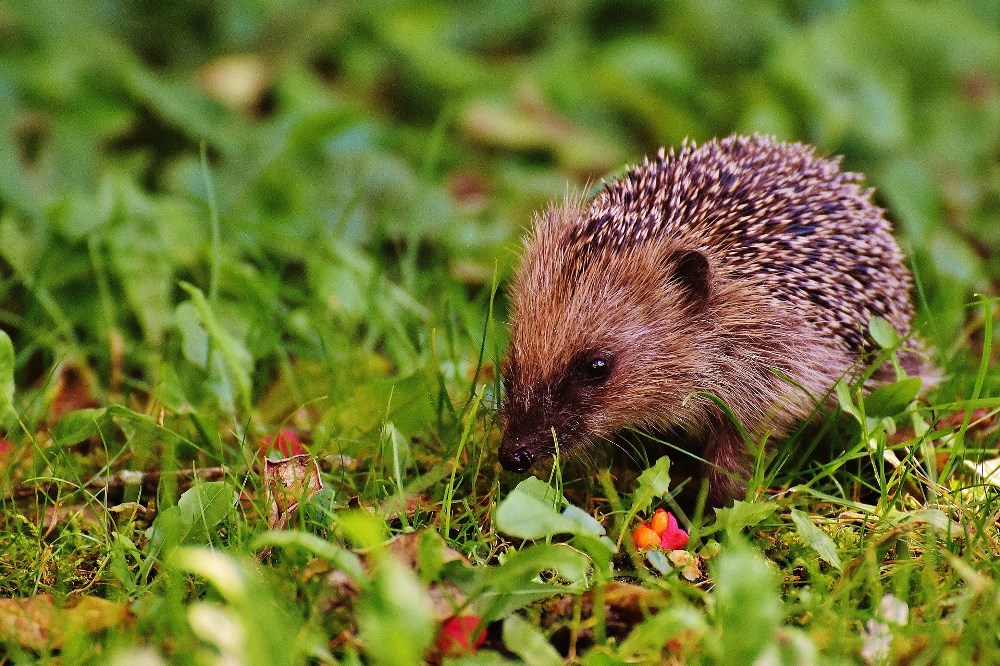
Animals
Animals may be poisoned by pesticide residues that remain on food after spraying. An application of pesticides in an area can eliminate food sources that certain types of animals need, causing the animals to relocate, change their diet, or starve. Poisoning from pesticides can even make its way up the food chain; for example, birds can be harmed when they eat insects and worms that have consumed pesticides.
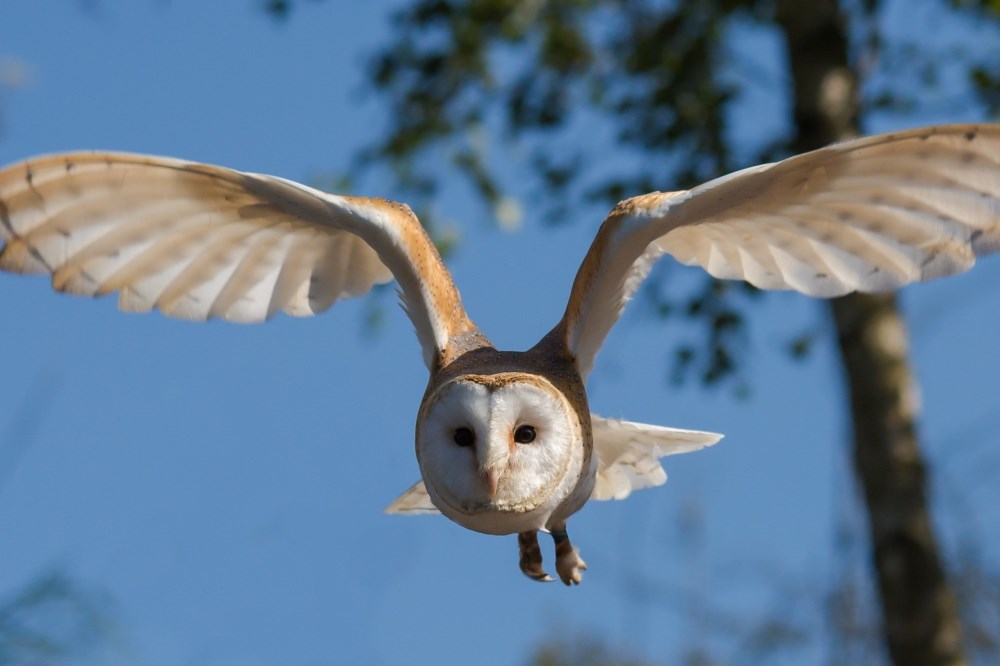
Birds
There is evidence that birds are being harmed by pesticide use. Rachel Carson’s book Silent Spring discusses the loss of several bird species due to accumulation of pesticides in their tissues. Types of fungicides used in farming are only slightly toxic to birds and mammals, but may kill off earthworms, which can in turn reduce populations of the birds and mammals that feed on them. Additionally, as some pesticides come in granular form, birds and other wildlife may eat the granules, mistaking them for grains of food. A few granules of a pesticide are enough to kill a small bird. Herbicides may also endanger bird populations by reducing their habitat.
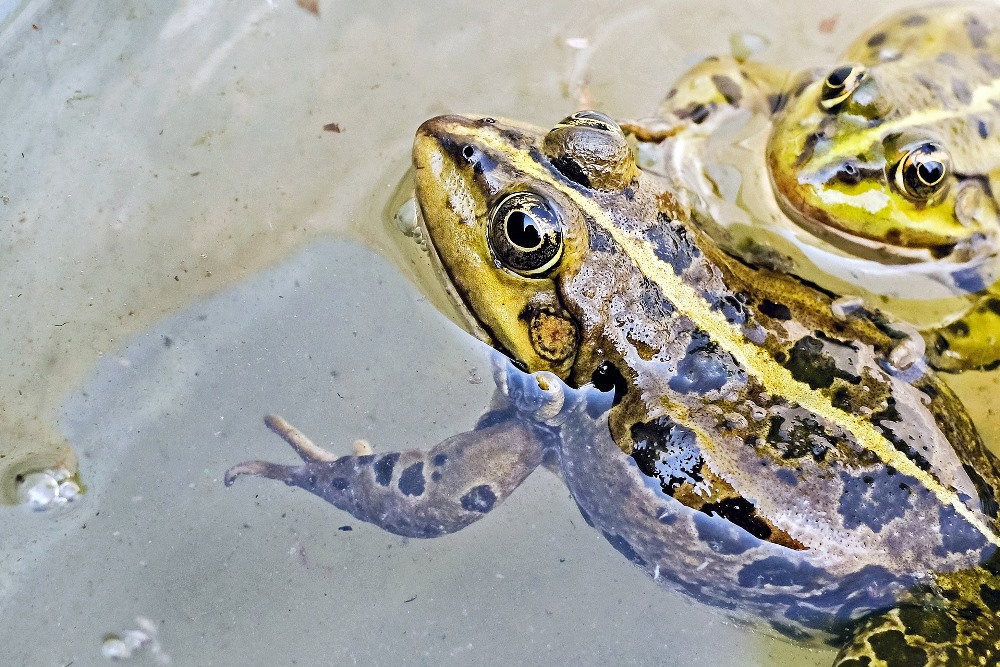
Aquatic Life
Fish and other aquatic biota may be harmed by pesticide-contaminated water. Application of herbicides to bodies of water can cause plants to die, diminishing the water’s oxygen and suffocating the fish. Repeated exposure of some pesticides can cause physiological and behavioural changes in fish that reduce populations, such as abandonment of nests, decreased immunity to disease, and increased failure to avoid predators.


